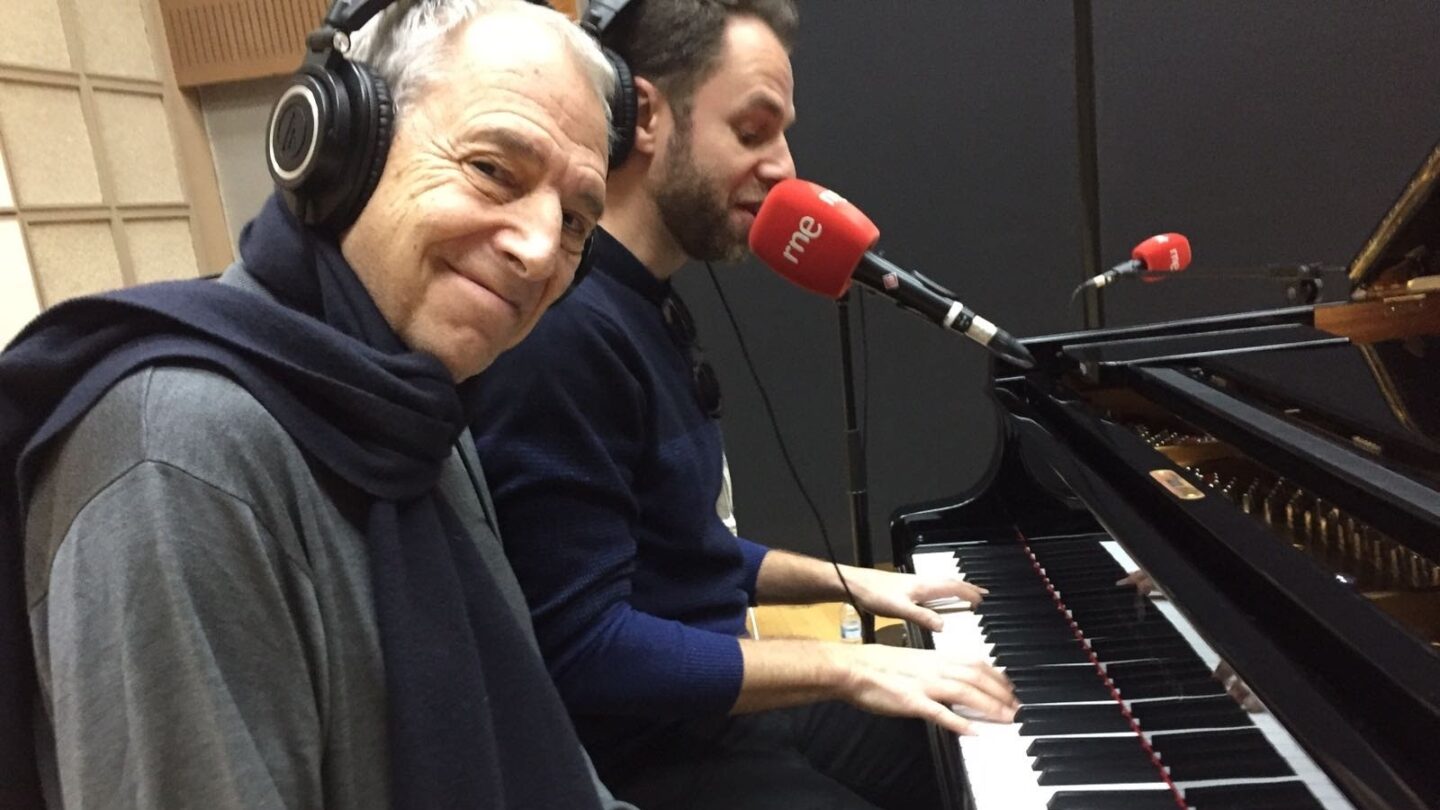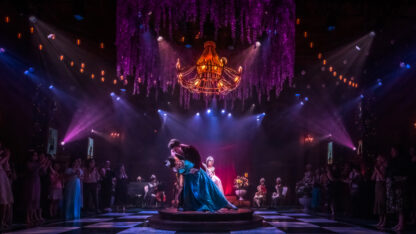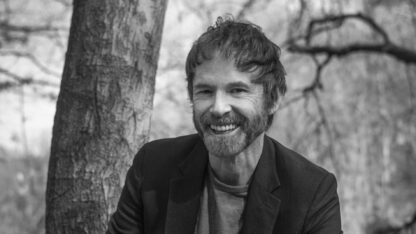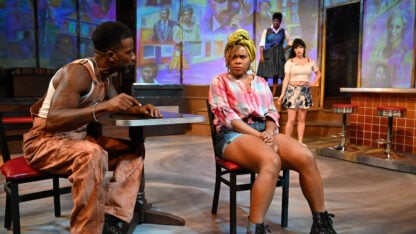The song written in 1927 by Harry Woods goes, “Oh, we ain’t got a barrel of money / Maybe we’re ragged and funny / But we’ll travel along / Singing a song / Side by side.” “Side By Side” is also the title of a new music series presented across Atlanta by Neranenah, formerly known as the Atlanta Jewish Music Festival.
Pianist Joe Alterman is the executive director of Neranenah, and he joined “City Lights” host Lois Reitzes via Zoom along with the father-and-son music duo of Ben and Leo Sidran. The pair will perform at the Atlanta History Center on Aug. 25, and they shared in a conversation with Alterman about the new music series ahead of their show.
Interview highlights:
Following in the tradition of great Jewish arts communities:
“Everything is ‘side by side,’ in that we have the Bremen [Museum] and Neranenah, but I think there’s more to it, in that we both like to go a little behind the music, for example – like with Neranenah, all of our concerts have a story component to it,” said Alterman.
“We both want to bring a ’92nd Street Y’ to Atlanta, in a sense,” he continued. “It’s actually a YMHA, Hebrew, in New York. It’s a community center that, you know, has a gym and everything like that, but I would go when I lived in New York. I would go and hear Aretha Franklin, have a conversation with someone, or I’d go hear Gene Wilder, and it was just incredible. They just brought so much great art to New York, and in a city that’s saturated with so much art, I love that there is this Jewish center – ‘Jew-ish’ center – that is known as one of the great cultural centers in New York, and I think both Neranenah and the Bremen are really striving to bring great things like that to Atlanta.”
What we mean when we talk about Jewish music:
“It’s impossible to define it. A slightly longer answer would be, it’s music that somehow evokes or underscores a Jewish narrative somehow. The music that’s used, the liturgic music, and the secular music done by Jewish composers all has a certain kind of narrative to it, and I think that that narrative not only defines what Jewish music is, but it also defines what or who a Jew is,” said Ben. “Because ‘There are no Jewish notes on the piano,’ I like to say.”
Leo Sidran on growing up surrounded by music:
“If it wasn’t for Ben, I would not be performing because, of course, playing music in our house when I was growing up was the most natural thing to do,” Leo reflected. “I have often thought about how it was never a question or a choice or a decision that was made – it was just a reality. It was something that was happening. Not that it was imposed in any way, but there was just music, and our way of communicating, of connecting, of hanging out was through music. I mean, probably the most commonly used word in my house… was ‘jam.’ ‘Do you want to jam?’ ….Maybe Ben knew, maybe my dad understood before I did, that there was something really special that was taking hold and forming.”
He continued, “When I was still in college, he started to take me out on the road with him and just told me to jam with him, which again, I said, ‘Well, you’re not serious. When are we gonna do the serious thing?’ And here we are, 25, 30 years into this kind of long, extended jam session, which in its own way is Talmudic because it is constantly filled with commentary. It’s like a running musical commentary that goes back 30 plus years.”
Neranenah and the Bremen Museum will present their new live performance and conversation series “Side By Side” at venues across Atlanta, Aug. 21 – 28. The full schedule and other information are available at https://neranenaharts.org/sidebyside.










